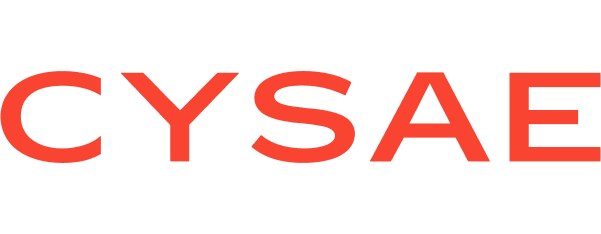On March 17, 2023, Spain published Law 6/2023, on Securities Markets and Investment Services (hereinafter, the “LMVSI”), with the purpose of adapting national legislation to European Union law. This law not only establishes the basic legal framework for the securities market, repealing the previous Securities Market Law approved by Royal Legislative Decree 4/2015, but also introduces significant amendments to the Corporate Enterprises Act (hereinafter, the “LSC”), approved by Royal Legislative Decree 1/2010.
One of the main novelties is the possibility, recognized in articles 23 and 408 of the LSC, to represent the shares of public limited companies, in addition to through account entries and physical certificates, through systems based on distributed ledger technology
Legal limitations on the use of DLT in the formation of companies
Despite this openness, except for the electronic formation of limited liability companies, the LSC still requires that the formation of a capital company be carried out through the execution of a public notarial deed and its subsequent registration in the Commercial Registry, which are essential conditions for acquiring legal personality.
This requirement for in-person and centralized formalities conflicts with the main characteristics of DLT technology, which prioritizes decentralization, automation, and the elimination of intermediaries.
DLT in Public Limited Companies: Representation of Shares and Regulatory Challenges
Public limited companies can choose, from their incorporation, to dematerialize their shares using DLT technology, thus adding a new form of digital representation. Furthermore, Article 6 of the LMVSI allows existing public limited companies to change the form of representation of their securities, shifting from physical certificates to account entries or a DLT-based system, as long as their shareholders give their consent.
However, the current regulations do not authorize the division of a public limited company’s share capital into tokens. This means that, although the representation of shares via DLT is allowed, it is not possible to issue or acquire shares in the form of tokens as a direct alternative to traditional shares. In summary, the tokenization of shares in a public limited company is still not feasible under the current Spanish legal framework.
Limited Liability Companies and DLT Restrictions
In the case of limited liability companies, the share capital is divided into participations, which, according to the LMVSI, do not have the nature of securities. Additionally, the LSC imposes restrictions on the free transferability of participations in this type of company. This currently prevents the representation of social participations through DLT.
The Need for legislative evolution
For DLT technology to reach its full potential in the corporate sector, it is essential for lawmakers to adapt the current regulations, removing the centralization barriers that still exist. While current legislation already allows for the representation of shares through DLT systems, a greater flexibility in legal formalities is needed for this technology to offer all the promised advantages, particularly in terms of efficiency and transparency. The evolution of the regulatory framework will be key to the full integration of blockchain into the Spanish corporate system.




